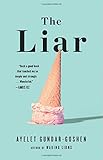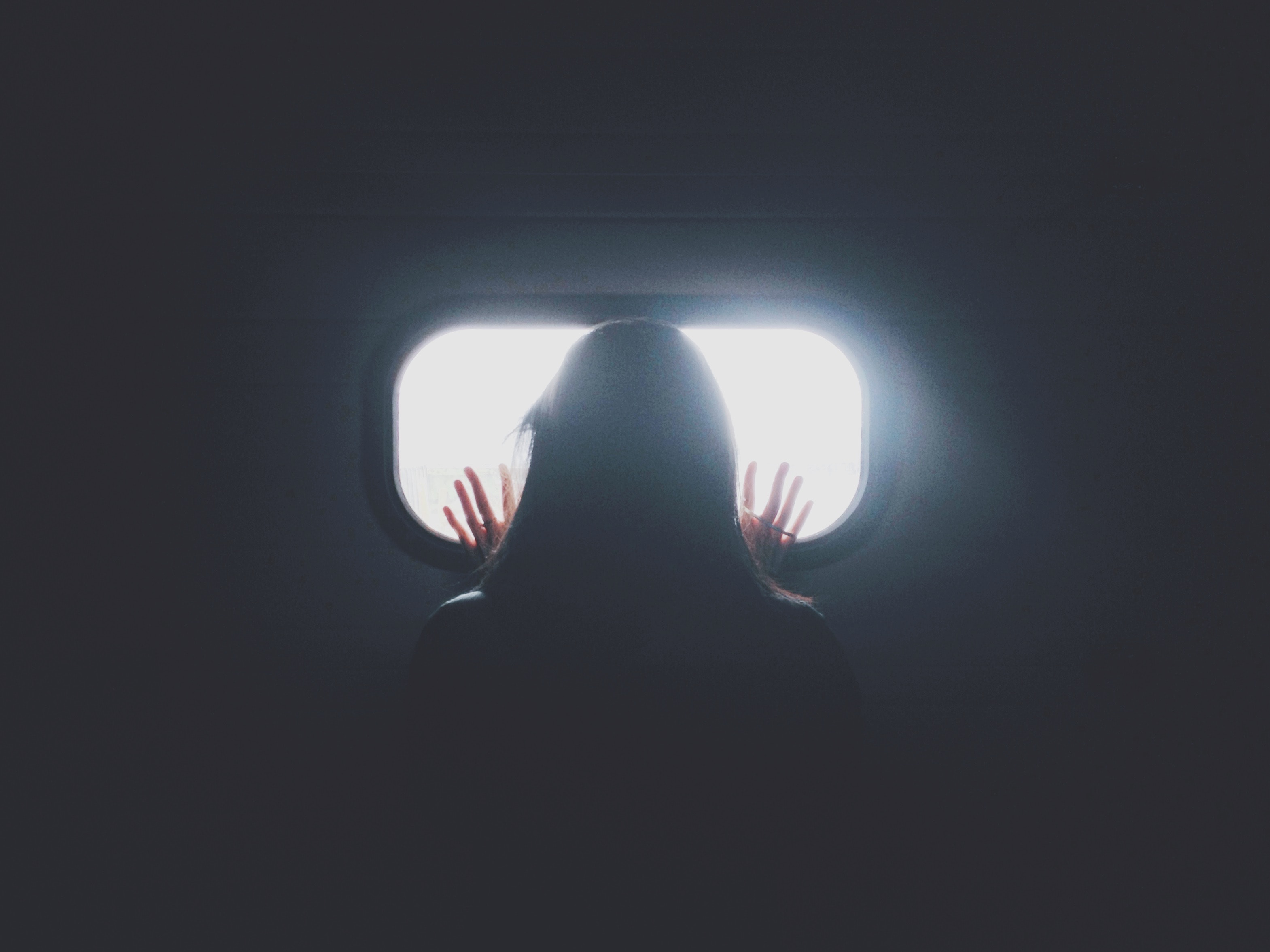 “How could you publish this novel?” That’s what I heard after I chose to write about a girl falsely accusing a man of sexual assault during the #MeToo era. When The Liar was first published in Israel, a male journalist told me I should have delayed the publication. “You are hurting the struggle,” he said. It’s always nice to have a man telling me what a woman should or shouldn’t write about. But in the following weeks, I wondered: Am I a bad feminist?
“How could you publish this novel?” That’s what I heard after I chose to write about a girl falsely accusing a man of sexual assault during the #MeToo era. When The Liar was first published in Israel, a male journalist told me I should have delayed the publication. “You are hurting the struggle,” he said. It’s always nice to have a man telling me what a woman should or shouldn’t write about. But in the following weeks, I wondered: Am I a bad feminist?
I consider myself a feminist. Like most women, I have also experienced sexual harassment, which I never reported. One of the things that silenced me was the fear that people would say I’m making it up, as they often do in these cases. And yet, I wrote a story about a girl who’s “making it up.”
When my baby girl was born, I knew for sure that, one day, she’d experience some sort of sexual harassment, like so many women do. It was terrible: There she was, lying in her crib, and though I didn’t know yet what music she’s going to like, or what she will want to do when she grows up, I already knew that she is going to be harassed. One day or another, there will come a man who will say something, or grab something—simply because he can.
I hope she won’t feel ashamed, as I did when it happened to me. I pray she won’t blame herself as women in my generation so often do. I wish she won’t ask herself if it’s because of what she wore or something she said. I hope she’ll be able to talk to me about it. I never talked with my mom about it.
In the rain of thoughts, standing next to my baby girl’s crib, one thing was certain—somewhere along the way, this horror is likely to occur. I cannot protect her from this experience, which is written in the future of almost every woman.
But when #MeToo started, I began to hope that I was wrong. Is there a chance that my little girl won’t have to go through the sexual exploitation that my generation suffered? Is there a chance that my girl will be able go to high school, to summer jobs, to university without any creepy suggestions, or overtures made by bosses, professors, or other men in position of power? If #MeToo will manage to truly change the way women are treated, it will be a real revolution.
A few months after my daughter was born, I began writing a novel about a girl who gets caught in a story about a sexual assault that never happened. I decided to write it after a friend of mine, a public defense attorney, told me about an illegal migrant who was jailed because of what turned out to be a false accusation. My friend was so furious at the false accusation that she called the woman who filed the complaint “a psychopath, a monster.” But as I heard my friend calling the accuser names, I felt sorry for her. As a psychologist, I asked myself what can cause a woman to make up such a lie? It’s too easy to turn this woman into a monster. It’s much harder—and a whole lot more interesting—to try and understand her.
The work of literature—for both reader and author—is to dare and face the human condition, human complexity. Good people do bad things. False accusations of sexual assault are rare, but it doesn’t mean they never happen, or that we can’t talk about them. Sometime we write fiction not about the common case, but about the uncommon one.
And yet, it was very important for me to respect and represent the real statistics of sexual assault: Apart from the protagonist, all the other female characters in the novel have a back story of sexual harassment or assault, and this echoes my observations in reality.
As I wrote the novel, my biggest fear was that it would be read through a chauvinist perspective, one that automatically assumes that all female accusers are liars or attention seekers. After all, that’s one of the things that kept me silent about my own sexually harassment. And we all know that’s one of the favorite defenses of predators: she’s making it up.

 Yet, it was clear to me that I wasn’t going to censor a story just because of the fear that someone might twist it and use it for his own misogynistic purposes. Clearly, writing about a girl making up an assault doesn’t mean that most girls make up assaults. Male authors such as Nabokov and Dostoevsky can write about pedophiles in Lolita, or murders in Crime and Punishment, yet no one would say that these novels portray most men as murderers and pedophiles.
Yet, it was clear to me that I wasn’t going to censor a story just because of the fear that someone might twist it and use it for his own misogynistic purposes. Clearly, writing about a girl making up an assault doesn’t mean that most girls make up assaults. Male authors such as Nabokov and Dostoevsky can write about pedophiles in Lolita, or murders in Crime and Punishment, yet no one would say that these novels portray most men as murderers and pedophiles.
And so, there I was, taking care of my baby girl, writing a story about a girl who makes up a sexual assault. Because I won’t let those men who falsely accuse women of lying to limit the variety of stories that a woman can write. Telling a woman what a feminist is allowed to write about is in itself a sort of repression. A Jewish author can portray Jews as complex characters, some of them doing bad deeds, without fearing that anti-Semites might use this in their propaganda.
And this, too, is something that I wish for my daughter when she grows up: to be able to say and write whatever she feels like, so that no one, ever, shuts down her voice.
Image credit: Mario Azzi.









